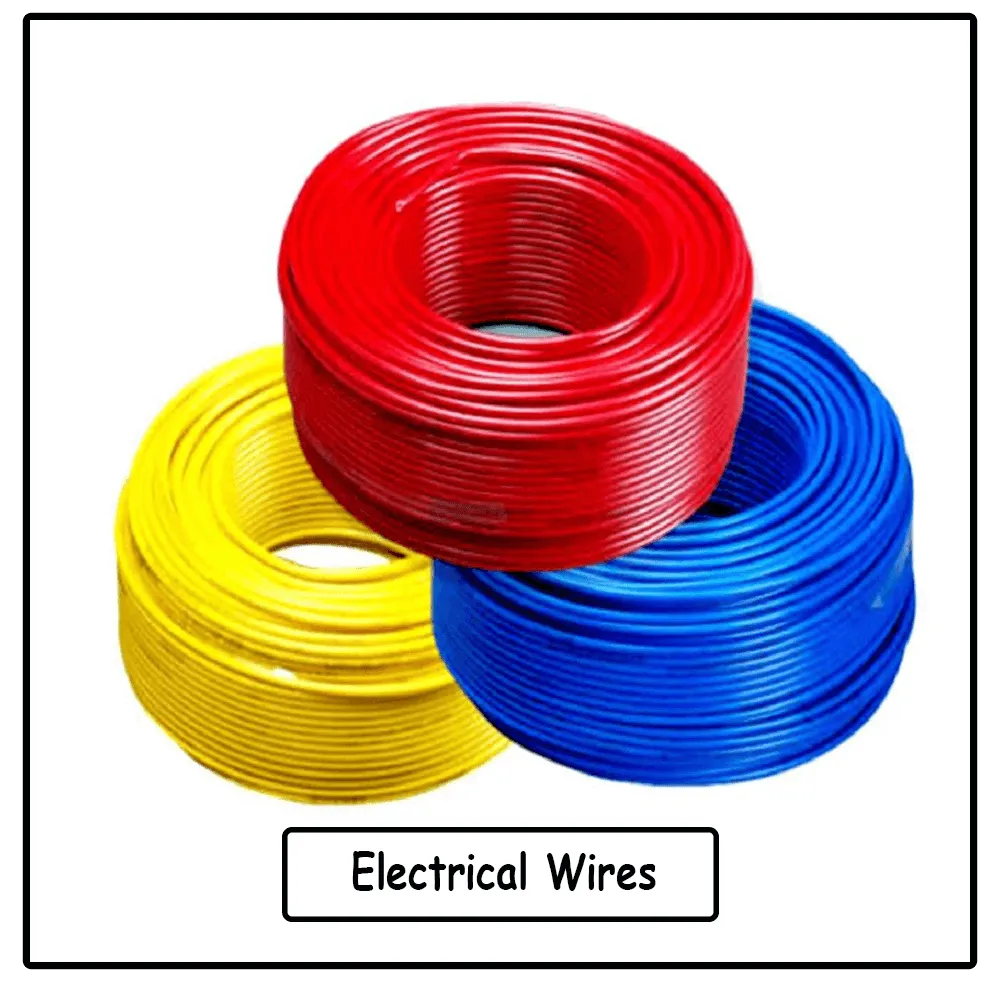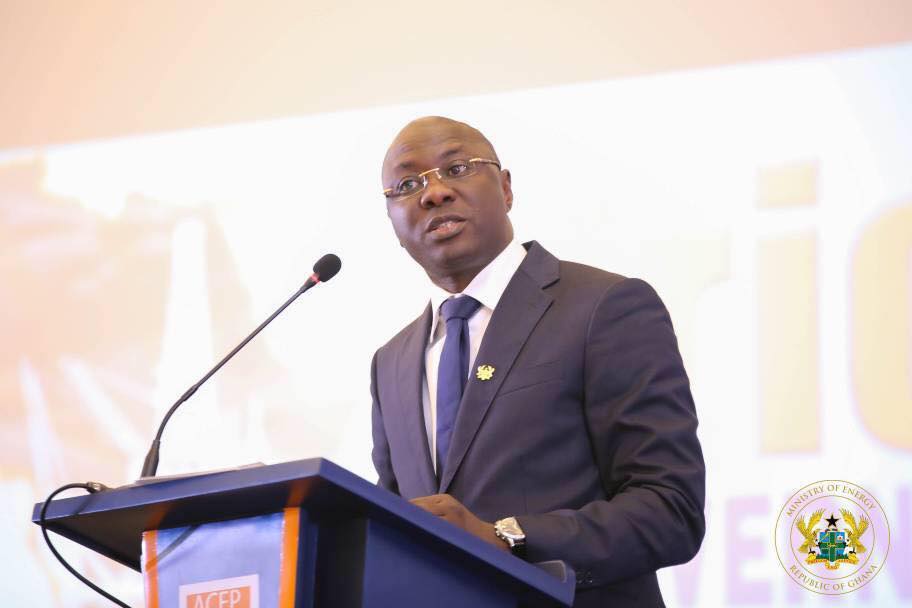The Energy Commission is set to intensify inspections at ports of entry to ensure that substandard electrical materials are not cleared.
The Commission is also working to up its regulatory efforts, which includes activating a sanctions regime to enhance the environment within which all actors in the industry operate in certifying more Electrical Wiring Professionals.
 Professor John G. Gatsi, the Board Chairperson of the Energy Commission, and the Chairman of the 23rd Electrical Wiring Certification and Award Ceremony, also disclosed that the board had already directed management to review the curriculum to include customer relations and care, which are key parts of the profession but with less attention being paid and that, “we will also ensure that the annual knowledge update (CPD)for those who have been certified is taken seriously before renewal of practicing licenses are granted”, .
Professor John G. Gatsi, the Board Chairperson of the Energy Commission, and the Chairman of the 23rd Electrical Wiring Certification and Award Ceremony, also disclosed that the board had already directed management to review the curriculum to include customer relations and care, which are key parts of the profession but with less attention being paid and that, “we will also ensure that the annual knowledge update (CPD)for those who have been certified is taken seriously before renewal of practicing licenses are granted”, .
He used the occasion to encourage women to go through the certification process as only 233 females have been certified in the past 12 years, representing only 1.3% as against over 17,000 men over the same period.
He mentioned that the Board puts a high premium on the ceremony because it is one of the objective ways to ensure professionally skilled men and women are involved in the electrical wiring of industrial, commercial, and domestic facilities.
And, the board is happy to carry out one of its mandates as a Commission under the Electrical Wiring Regulations, 2011 (L.I. 2008), and related regulation, electrical wiring of domestic, commercial, and industrial facilities should be done within the context of safety and professionalism to build lasting trust and credibility.
Over the past 12 years, the Commission certified about 18,000 electrical wiring practitioners. 11, 040 focus on domestic facilities, 5,788 on commercial facilities, and 8,27 on industrial facilities with less than 700 inspectors.
It is against this background that the Board Chair encouraged more to enroll to increase safety and credibility in the electrical wiring profession, stressing that “regulatory sensitivity and reforms are needed to deliver professional electrical wiring and protect property and business assets”. “We will therefore strengthen regulatory collaboration and improve our public education”.
To the Graduands, Prof says, “today’s gathering is not merely to celebrate your achievements, to serve professional ambassadors within the industry, and also signal to the public to engage only professionals to undertake electrical wiring of their facilities. Graduands are also expected as part of the ethics of this profession to report substandard electrical wiring materials that find their way into the marketplace”.





































